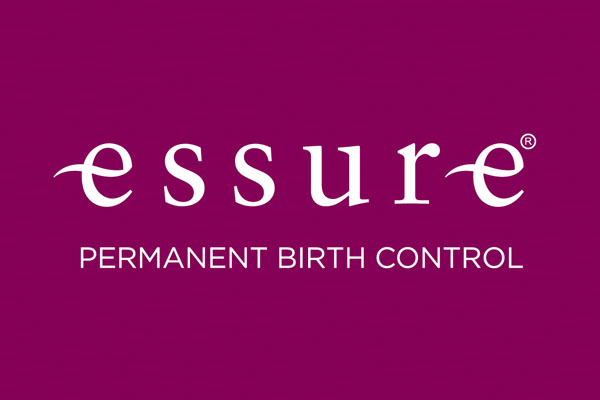The FDA enacted tough new regulations this week aimed at making sure all women who are considering implantation of the Essure birth control device fully understand all the risks and benefits before moving forward.
The regulations, which will require a discussion of product warnings between a doctor and patient, came after the FDA determined that not enough women were being made aware of Essure side effects before electing implantation.
It also comes after the FDA previously added warnings to Essure’s packaging and a federal judge ruled that those injured can proceed with lawsuits against Bayer for misleading consumers about the risks.
New Restrictions on Essure Sales
The FDA announced the new limitations on Essure sales on Monday in a press release, saying it was intended to ensure that all women considering use of the Essure device were receiving information about the risks.
Since ordering Bayer to conduct new studies on Essure safety and adding warnings to the product labels in 2016, sales of the contraceptive have already dropped by 70% and Bayer has stopped selling the product outside of the United States.
However, the agency believed more action was necessary. FDA Commissioner Scott Gottlieb commented:
“I’ve personally had the opportunity to meet with several women and hear their important concerns about this product. Despite previous efforts to alert women to the potential complications of Essure, we know that some patients still aren’t receiving this important information. That is simply unacceptable. Every single woman receiving this device should fully understand the associated risks.”
Now, sales of the Essure implant will only be allowed to those healthcare providers that furnish women with a patient brochure called “Patient-Doctor Discussion Checklist – Acceptance of Risk and Informed Decision Acknowledgement.”
Additionally, doctors must review the risks with each patient and give them an opportunity to sign a form saying they have been advised of the risks.
Essure Linked to Health Risks
Essure is a metal coil that is implanted into each fallopian tube to created inflammation and scar tissue that provides permanent contraception. It was originally approved by the FDA in 2002 and has been used in over 750,000 women.
Remarkably, in the ten years after Essure was introduced, the FDA only received around 100 complaints of patient side effects. Then, starting in 2011, the number of adverse event reports ballooned to over 5,000.
Some of the complications linked to the device include hair loss, depression and abdominal or pelvic pain. Worse yet, some patients have experienced device movement or internal organ perforation from migrating implants.
Also, reports have linked Essure to more than 300 fetal deaths in the case of accidental pregnancies.
Also, while Bayer has claimed that only 7% of women using Essure experienced pain, the National Center for Health Research published research finding over 85% had experienced serious abdominal or pelvic pain.
Essure Lawsuits Filed Across the Country
In the midst of these warnings, hundreds and hundreds of patients who’ve experienced severe side effects have filed Essure lawsuits against Bayer.
While the Medical Device Regulation Act usually prevents such cases for defective medical devices in state courts if they were properly approved by the FDA, a federal judge ruled in 2016 that cases could proceed based on claims that Bayer used misleading advertising and failed to properly warn consumers about the risks of Essure.
Now, more than 1,500 lawsuits are pending in different courts around the country, including hundreds in a special consolidated Essure litigation court in the Eastern District of Pennsylvania.
For more information on the risks and warnings related to Essure contraceptive devices, or to speak with a lawyer about your case, contact Healthcare Advocacy Group today.
Sources:
FDA News Release. FDA restricts sale and distribution of Essure to protect women and to require that patients receive risk information. (April 9, 2018). Retrieved from https://www.fda.gov/NewsEvents/Newsroom/PressAnnouncements/ucm604098.htm
Brooks, M. FDA Restricts Sale of Essure Permanent Contraceptive. MedScape. (April 9, 2018). Retrieved from https://www.medscape.com/viewarticle/894954



